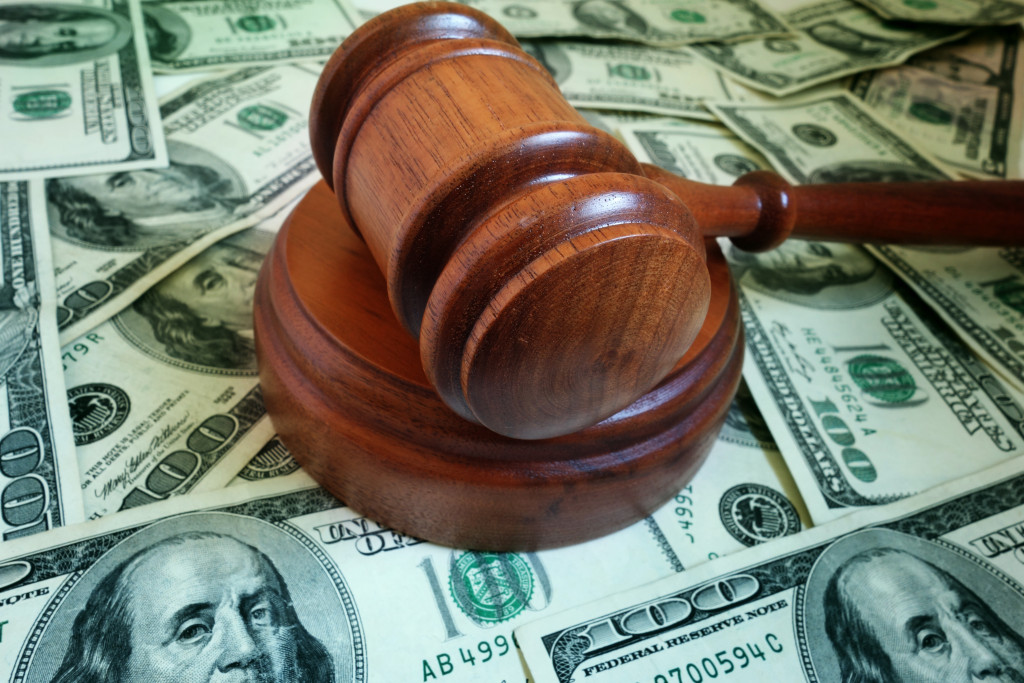When running a business, it’s essential to be aware of the potential liabilities you could face. By knowing what they are and taking steps to protect yourself, you can minimize your chances of being sued or held liable for damages. This article will discuss some of the common liabilities businesses face and how to avoid them.
1. Negligence
When businesses are sued for negligence, it’s usually because they’re accused of failing to take reasonable care to prevent harm. For example, if you own a store and someone slips and falls on a wet floor, you could be held liable if the law found that you didn’t take adequate precautions to dry the floor or warn customers of the hazard.
To avoid being held liable for negligence, businesses should take reasonable care to prevent foreseeable harm. This means taking precautions such as maintaining safe premises, providing adequate training to employees, and having insurance if something goes wrong.
2. Product Liability
If you sell products, you could be held liable if they cause injury or damage. Many of these cases involve defective products that don’t work as intended or have hidden dangers. For example, some companies have been sued over products that caught fire or had toxic chemicals. Others have been sued over products that broke and caused injuries.
Businesses should ensure their products are safe and fit for their intended purpose to avoid product liability. They should also have clear and conspicuous warnings about any potential hazards. Different countries have different laws about product liability, so businesses should be sure to comply with the relevant regulations.
3. Intellectual Property Infringement
If you use someone else’s intellectual property without permission, you could be sued for infringement. This includes using copyrighted material without permission, using someone’s trademark without approval, or stealing trade secrets.
Companies should get permission before using someone else’s intellectual property to avoid infringement. They should also make sure that their intellectual property is well protected. This includes registering copyrights, trademarks, and patents. Companies should consider hiring expert intellectual property lawyers to help them navigate this complex legal landscape.

4. Employment Discrimination
Employees have the right to be treated fairly and not be discriminated against based on their race, religion, gender, or other protected characteristic. If an employee feels they’ve been the victim of discrimination, they could sue the company.
Businesses should ensure their policies and procedures are non-discriminatory to avoid employment discrimination. They should also provide training to employees and managers on what constitutes discrimination and how to prevent it. Discrimination should never be tolerated in the workplace.
5. Breach of Contract
If you fail to meet the terms of a contract, clients and employees could sue you for breach of contract. Depending on the contract terms, this could mean failing to provide a product or service, not paying on time, or violating confidentiality. All businesses should have well-drafted contracts that protect their interests.
Companies should make sure they understand the terms of the contract and their obligations under it to avoid breaching a contract. They should also ensure that they have the resources to meet their contractual obligations. If there’s any doubt about whether they can meet their obligations, they should seek legal advice.
6. Wage and Hour Violations
The Fair Labor Standards Act sets forth the minimum wage and requirements for overtime pay. When companies fail to comply with these laws, employees can sue for back wages and damages. This is a common type of lawsuit, and many companies have been hit with significant judgments.
Businesses should pay employees at least the minimum wage and provide overtime pay when required. They should also keep accurate records of hours worked. Additionally, employees should know their rights under the law and learn how to report any violations.
7. Workplace Safety Violations
Especially for businesses that involve hazardous materials or dangerous work, workplace safety is essential. Employees have the right to a safe workplace, and if they obtain an injury due to a safety violation, they could sue the company.
Many workplace safety violations can be avoided by following the relevant safety regulations. Businesses should also have procedures in place for responding to accidents and injuries. Employees should be trained on safety procedures and feel comfortable reporting any concerns.
Running a business can be fraught with legal dangers. However, by understanding the various types of lawsuits that companies can face, you can take steps to avoid them. By protecting your intellectual property, complying with employment laws, and maintaining a safe workplace, you can reduce the risk of being sued. If you face a lawsuit, seek out experienced legal help to ensure the best possible outcome.

